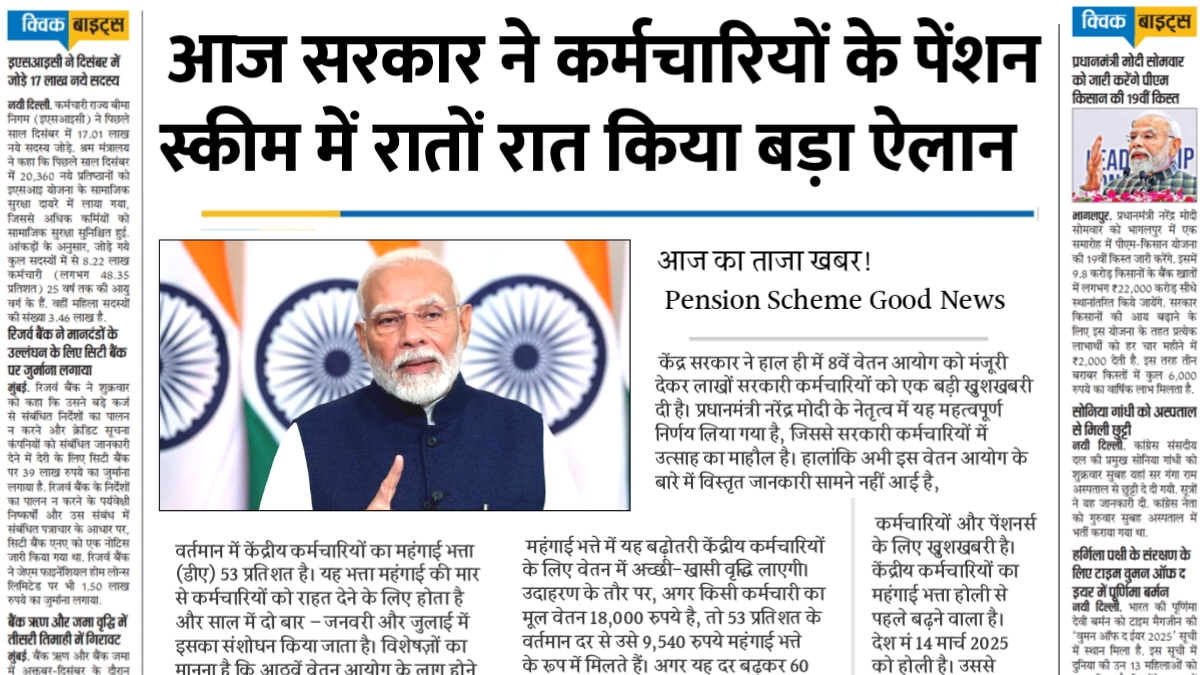$725 Stimulus Payment: California has launched an innovative approach to supporting struggling families through the Family First Economic Support Pilot Program, commonly known as FFESP. This groundbreaking initiative represents a significant step toward providing guaranteed income to families facing economic hardship. The program specifically targets families with young children in Sacramento County, offering monthly financial assistance to help them achieve greater stability and security.
How the Program Works
The FFESP provides $725 per month to 200 selected low-income families in Sacramento County for one full year, with payments beginning on June 15, 2025. This is not a traditional stimulus check or one-time payment, but rather a sustained guaranteed income program designed to create lasting impact. The program runs through Sacramento County’s Department of Children, Family and Adult Services, which oversees the selection process and payment distribution.
Unlike federal stimulus programs, FFESP operates as a state-level pilot program with specific geographic and demographic targeting. The monthly payments are designed to provide consistent support that families can rely on for essential expenses like housing, childcare, food, and other necessities that are particularly challenging for low-income households with young children.
Eligibility Requirements and Selection Process
The program has strict eligibility criteria to ensure support reaches the most vulnerable families. Participants must be parents or guardians of children aged five and under, with household income falling below 200 percent of the federal poverty level. Additionally, families must reside in specific Sacramento County zip codes that have been identified as having high rates of poverty and economic hardship.
The application period was limited, running from April 14 to April 27, 2025, with applications submitted through ffesp.org. Families needed to provide documentation including proof of income, residency verification, and their child’s birth certificate. The selection process involves random selection from eligible applicants, with selected families receiving notification by early June 2025.
Payment Structure and Duration
The first payment is scheduled for June 15, 2025, with monthly payments continuing for twelve months until the final payment on July 15, 2026. This creates a total support package of $8,700 per family over the program’s duration. Families can receive payments through direct deposit or other approved methods based on their banking situation and preferences.
The program administrators have designed multiple payment options to ensure accessibility for all participants, including those who may not have traditional banking relationships. This inclusive approach helps ensure that the most vulnerable families can access their benefits without additional barriers.
Program Goals and Expected Impact
The FFESP serves multiple purposes beyond immediate financial relief. Program designers hope to study how guaranteed income affects family stability, child development, parental mental health, and employment outcomes. The pilot program will generate valuable data about whether consistent monthly payments can help families break cycles of poverty and achieve long-term economic stability.
Researchers will monitor various outcomes including housing stability, food security, healthcare access, and children’s educational progress. This information will help determine whether similar programs should be expanded across California or implemented in other states facing similar challenges with family poverty and economic inequality.
Disclaimer: This article is for informational purposes only and is based on publicly available information about the Family First Economic Support Pilot Program. Program details, eligibility requirements, and payment schedules may change. Families interested in similar programs should check with their local social services departments for current information and application opportunities. This article does not constitute financial or legal advice, and individuals should consult appropriate professionals for guidance on their specific situations.



















